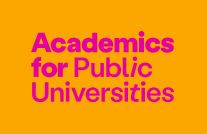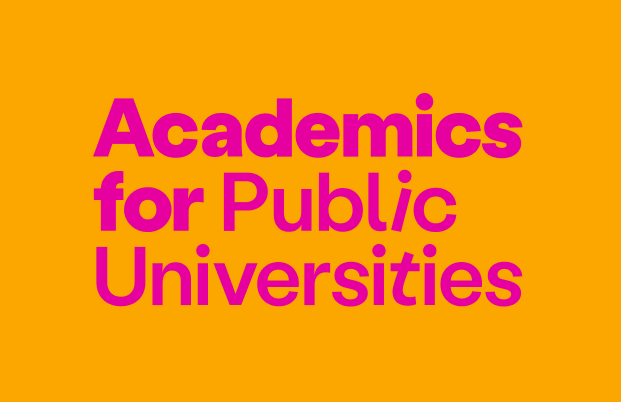MEDIA RELEASE Academics for Public Universities
Ridd Case demonstrates how academic freedom on Australian university campuses is threatened from within.
The High Court’s finding in Ridd v JCU (https://www.hcourt.gov.au/cases/case_b12-2021) has revealed the extent to which Australian university campuses are no longer governed by reference to academic principles such as intellectual freedom. The High Court found that Dr Ridd breached confidentiality with respect to some internal communications but that James Cook University (JCU) had contravened section 50 of the Fair Work Act 2009, and that its Code of Conduct did not override academic freedom protections afforded Dr Ridd under clause 14 of JCU’s Enterprise Agreement. Nevertheless, due to the ‘all-or-nothing’ basis of Dr Ridd’s legal challenge, the High Court found that his dismissal for serious misconduct was lawful.
We do not endorse Dr Ridd’s views about climate change. They are properly a matter for peer scientific scrutiny and assessment. But, as the High Court notes, “Intellectual freedom plays ‘an important ethical role not just in the lives of the few people it protects, but in the life of the community more generally’ to ensure the primacy of individual conviction: ‘not to profess what one believes to be false’ and ‘a duty to speak out for what one believes to be true’.” The handling by JCU of Dr Ridd’s original alleged misconduct suggested, instead, an impoverished intellectual culture that lacked the good sense to engage with dissenting voices in a critically mature and responsible manner.
Regressive changes to university governance introduced by both Labor and Coalition governments over the last few decades have resulted in all of Australia’s public universities evolving in a similar way. A cursory glance at the composition of their governing bodies shows just how little control Australian academics now have over the mission and manner of operation of university campuses. There is growing evidence that this corporate governance model has a deleterious effect on the character and shape of academic teaching and research, and -as the Ridd case shows – on upholding basic tenets of academic freedom.
The facts of the Ridd case also exposed some of the powerful measures that senior university administrators can now take to discipline academics and the work they undertake. Those administrators have become in effect the ultimate determiners of educational and research priorities in our universities.
Academic freedom, including the freedom to criticise the way a university is run, is foundational to a university’s public mission. As the High Court ultimately stated, it is also not an unlimited right: it comes with specific responsibilities and sanctions. But in revealing how this freedom has been downplayed or undermined on campus, the Ridd case is yet another demonstration of the urgent need for reform of the way Australian universities are now constituted and controlled. It is time for that call to be heeded and action to be taken to restore public confidence in the public mission of Australia’s universities.
Academics for Public Universities
www.publicuniversities.org
academicsforpublicuniversities@gmail.com
For further enquiries and interview requests:
T: 0449 058 933 Dr Alessandro Pelizzon
0419 608 624 Prof Peter Tregear

